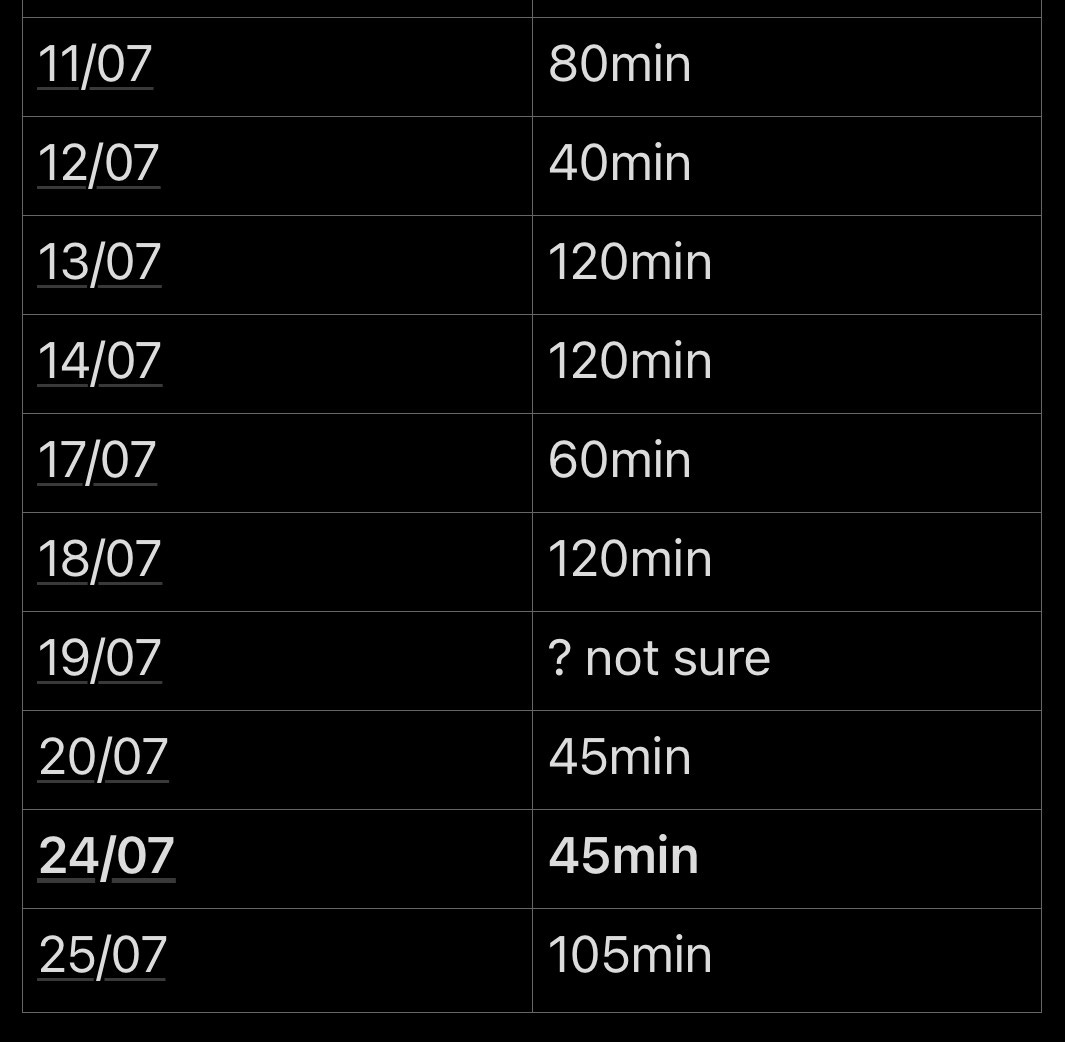Intro
When I started learning to become a developer, I set a simple goal for myself - to get my first job in a year. Instead of getting a job in 12 months I only got devastated for failing.
Later I realized that the cause of my devastation was being too hung up on reaching the destination, instead of valuing the journey itself.
I'm going to suggest a bit of a different approach to setting your goals. This approach should help you:
make you feel great about each step along the way
increase your chances of success (a consequence of 1.)
decrease the probability of feeling like a failure in case you come up short
Let’s dive in!
Destination is a binary goal
One year sounds nice and round. It also seems like it should be more than enough to get a job. Without much thought, I quickly set this big goal in front of me. When one year passed and I wasn’t a professional developer, my motivation hit rock bottom. I felt terrible for an extended time, questioned my competence, and pondered quitting the whole thing.
- I was a failure.
Today, however, I see goals such as this one as binary - you either achieve them or you don’t. This leaves no room for "75% complete", “nearly there”, or anything else that could make you feel better about failing.
A better approach
Midway into my journey, after being influenced by 3 key ideas, I added a supplementary goal: practice programming for 900 minutes each month. I was still committed to making it in a year, and this additional goal was supposed to help me accomplish it.
Boy, if this was my only goal I could have avoided the whole disappointment!
Why specifically 900 minutes a month you ask? Spoiler alert - it’s not 30mins each day. I devised this goal by mixing three ideas.
Aim to put in the work
I was exposed to the main idea in episode 98 of Dev Questions by Tim Corey.
As a student of his C# Mastercourse, I regularly listened to his podcast.
Sidenote - this course is probably the most valuable resource I had. I cannot recommend it enough! If you are thinking about enrolling and have doubts - contact me in the chat or on LinkedIn, and I will happily give you my impressions. Disclaimer - I am not affiliated with Tim in any kind of way. I just feel very grateful to him for creating this superb course.
In this episode, Tim talks about the famous “It’s not about the destination, it’s about the journey” saying. What Tim advises is to aim to learn and practice instead of aiming to reach a certain career milestone.
Practically, you could aim to practice maybe 10 times a month, for example. That amounts to 120 times a year. If you occasionally skip a day here and there, you could still complete 8-9 days each month, which then could amount to around 100 times a year. You didn’t get to exactly 120, but you still completed 100 sessions and learned a lot in the process! This is completely different than failing a binary goal - here we have measurable results that help us not get devastated.
Cheating the game
The second key ingredient was the book “Finish” by Jon Acuff.
This book was actually recommended in another episode of Dev Questions as THE best book to learn programming. And it’s not even ABOUT programming!
Among other things, Jon advises cutting our goals in half, either by reducing the goals or by extending the timeframe, since this has shown to increase the chances of goal accomplishment in his experiments. This way, completing the same 100 sessions from before would result in a huge win cause the goal would be 60! It’s like cheating the game!
So I decided to apply this hack and assessed my time. I came to a number: I could probably practice 5 times a week.
As the book explains it, this first estimation is our perfectionist brain being too optimistic, therefore we should cut it to increase chances of success
Following his advice, I reduced this to 5 times in two weeks. That was a really easy number for me to complete. What’s more, achieving more than planned gave me a nice boost of motivation for the next period.
The final touch
Lastly, choosing the duration of a practice session.
Again, a podcast inspired me - The Huberman Lab. Huberman talks about all things human brain, and one of them is focus.
What I took away from this episode is that the best time for focused learning is 90 minutes. For the first 10-15 minutes our brain warms up, and after that, it gets in the zone. After circa 90 minutes total our brain needs to rest before starting another 90min round.
Putting everything together, this got me to 5x90mins = 450mins in two-week periods, or 900 minutes a month.
I used to track time for every learning session. Sometimes I would do 90+ minutes, other times I would do much less. The important thing for me was not to always achieve 90, but that the accumulated total was good.
Tim, Jon, Andrew. Three men of authority in their respective fields. Three ideas mixed together to create a reachable goal.
Takeaways
Instead of focusing on the destination, aim to learn and practice
Value your achievements even when falling short
Hack the system by reducing the goal
Last but not least - be open to hearing ideas from various successful people. Mix them up in a way that works for you.
That’s all for this one. If you apply any of the suggested ideas I would love to hear how it went.


